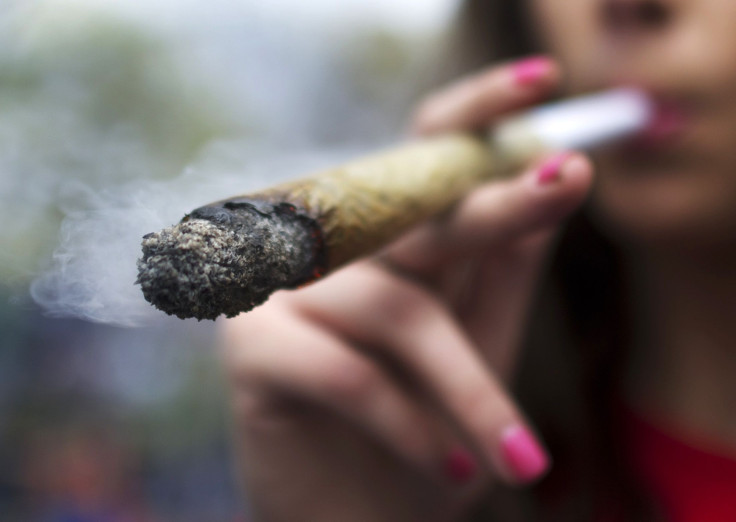Marijuana Usage Linked To Daytime Drowsiness Among Adolescents, Study Finds

Adolescents who use marijuana experience excessive sleepiness and drowsiness during the day, a new study finds.
The study was conducted by researchers from the Nationwide Children's Hospital The study was conducted across a period of 10 years when 383 children were sent to a Sleep Centre for evaluation of excessive daytime sleepiness with testing results consistent with narcolepsy.
The researchers found that 43 percent of children with urine drug screens positive for marijuana actually had test results consistent with narcolepsy or abnormal REM sleep patterns. No child younger than 13 years of age had a positive urine drug screen.
"Our findings highlight and support the important step of obtaining a urine drug screen, in any patients older than 13 years of age, before accepting test findings consistent with narcolepsy, prior to physicians confirming this diagnosis," Mark L. Splaingard, director of the Sleep Disorders Center at Nationwide Children's Hospital and senior author of the study, said in a press release. "Urine drug screening is also important in any population studies looking at the prevalence of narcolepsy in adolescents, especially with the recent trend in marijuana decriminalisation and legalisation.
The data showed that males were more likely to have a positive urine drug screen and MSLT findings consistent with narcolepsy. A diagnosis of narcolepsy is generally made after a clinical evaluation for excessive daytime sleepiness. This is then followed up by a standardised multiple sleep latency test (MSLT) consisting of 4-5 scheduled day time nap opportunities in which speed of sleep onset and presence of rapid eye movement sleep (REM) are both calculated.
"We believe that many of the children who had positive urine drug testing for marijuana and testing consistent with narcolepsy had improvement of the symptom of excessive day time sleepiness after enrolment in a community drug program, because most didn't come back for repeat diagnostic studies once they were drug-free," said Splaingard, also a faculty member at The Ohio State University College of Medicine.
"A key finding of this study is that marijuana use may be associated with excessive daytime sleepiness in some teenagers. A negative urine drug screen finding is an important part of the clinical evaluation before accepting a diagnosis of narcolepsy and starting treatment in a teenager."
Findings of the study were published online in the Journal of Clinical Sleep Medicine.
To contact user, email sammygoodwin27@gmail.com






